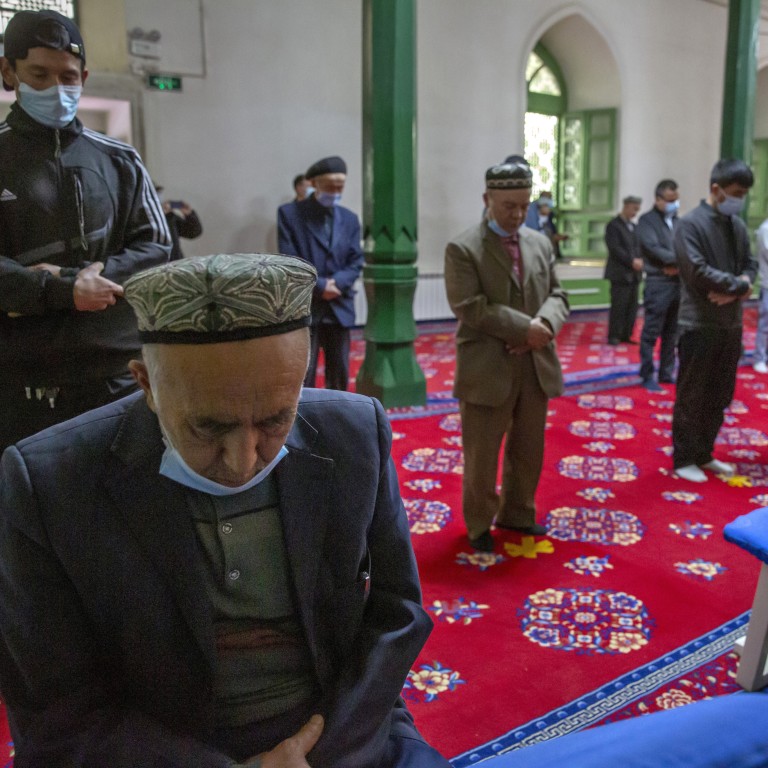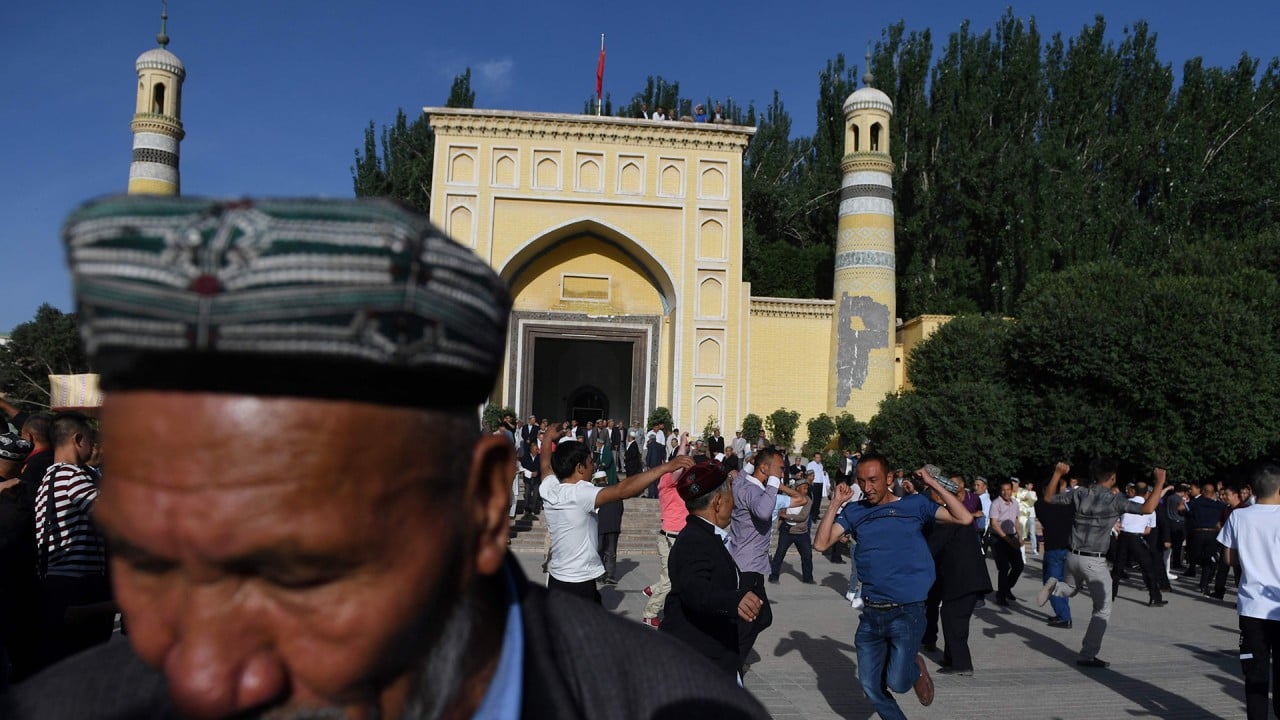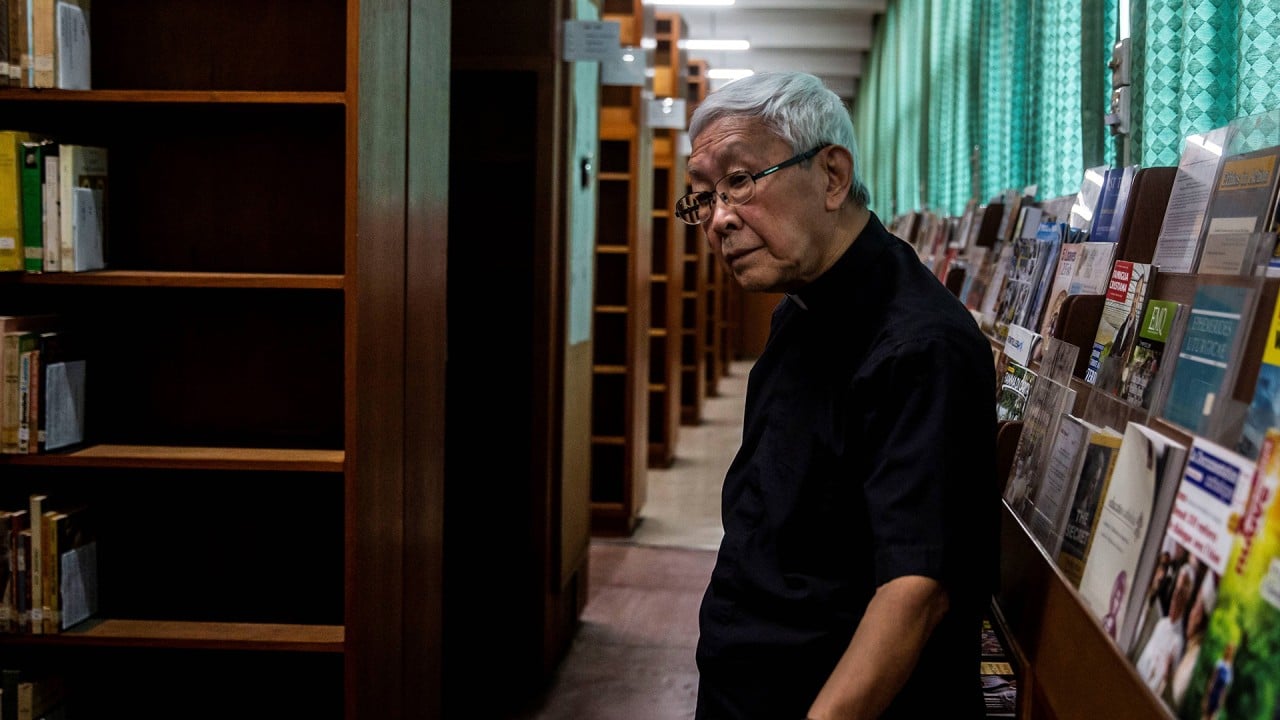
China’s latest crackdown on religion bans foreigners from spreading church and spiritual content online
- China’s Measures for the Administration of Internet Religious Information Services banning unlicensed online groups or ceremonies comes into effect in March
- Beijing has said the move is necessary to safeguard national security and it follows a call by Xi Jinping to ‘strengthen the management’ of religious affairs
No organisation or individual will be allowed to disseminate information about religious ceremonies on the internet unless they have a licence from China’s religious regulator, according to the new rules.
The new rules, titled Measures for the Administration of Internet Religious Information Services, were jointly drafted by five departments, including the State Administration of Religious Affairs, and will come into effect in March.
The new rules state that applicants for a licence to disseminate religious content online must be an entity or individual based in China and recognised by Chinese laws, and its main representative should be a Chinese national.
State security authorities will manage domestic organisations and individuals and prevent them from colluding with foreign bodies to use religion to conduct activities that endanger national security on the internet, the regulations said.
Under the rules, applications must be made to the religious affairs department of the local government for a licence that will be valid for three years.
Content prohibited under the rules includes that which uses religion to incite subversion of state power, oppose the Communist Party’s leadership, undermine national unity and social stability and promote extremism, terrorism or national separatism.
China crackdown on Apple store hits holy book apps, Audible
The new measures said that except for licensed religious groups, religious schools, temples and churches, no organisation or individual may preach on the internet, conduct religious education and training, and publish or repost preachers’ comments.
And organising and conducting religious activities and live broadcasting or recording religious ceremonies – such as worshipping Buddha, burning incense, chanting, mass and baptism – will be banned. And no organisation or individual is permitted to raise funds in the name of religion on the internet.
Punishments include a warning, restricted functions and the closure of online accounts.
Xiong Kunxin, a professor of ethics studies at Minzu University in Beijing, said the new measures, especially the ban on foreign organisations and individuals’ religious activities online, underlined Beijing’s focus on national security and religious order.
“Today’s international situation is very complicated. European countries and the US have slandered us just to hinder China’s development – some religious forces will certainly cooperate with their political goals,” Xiong said.



